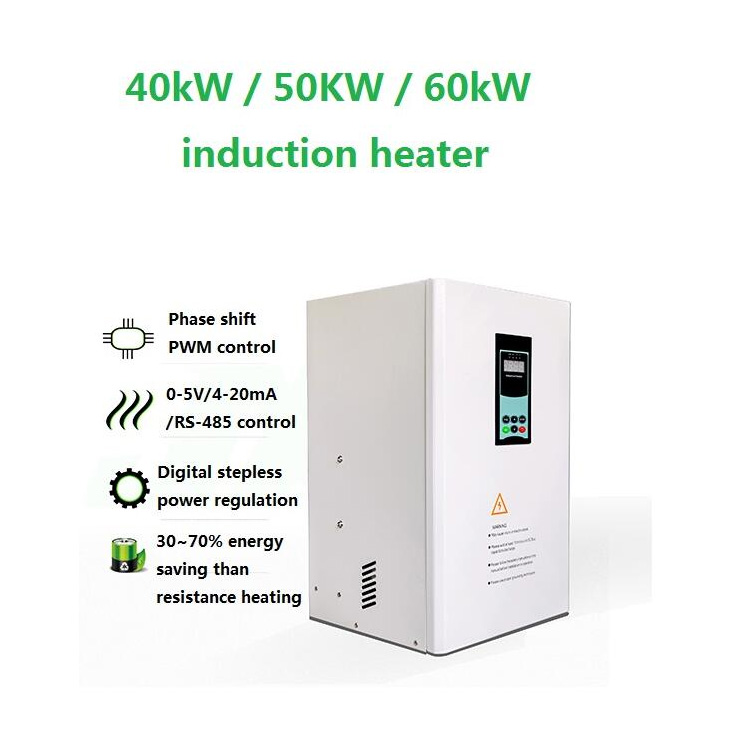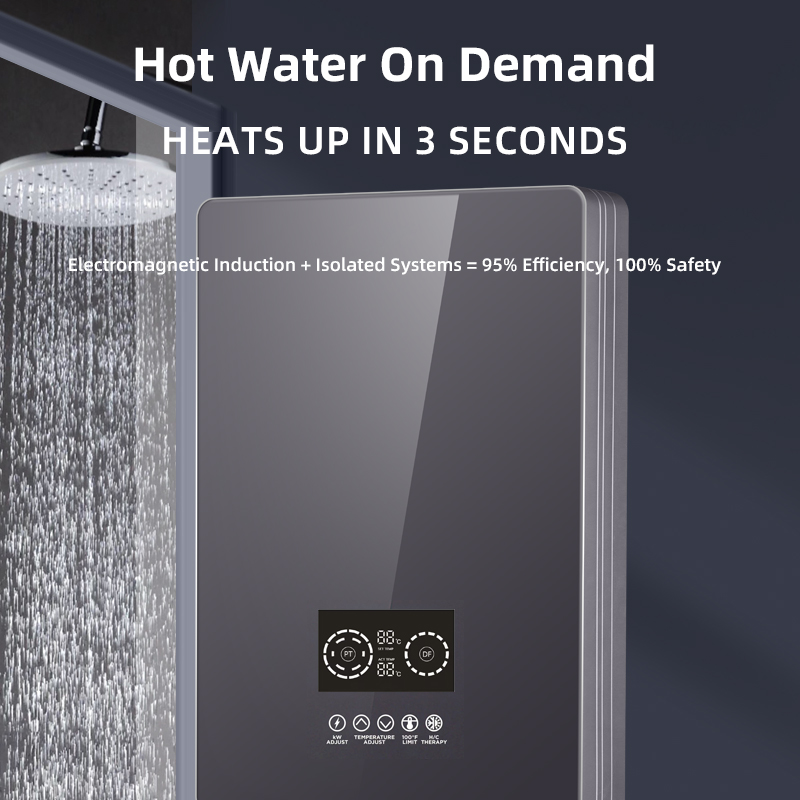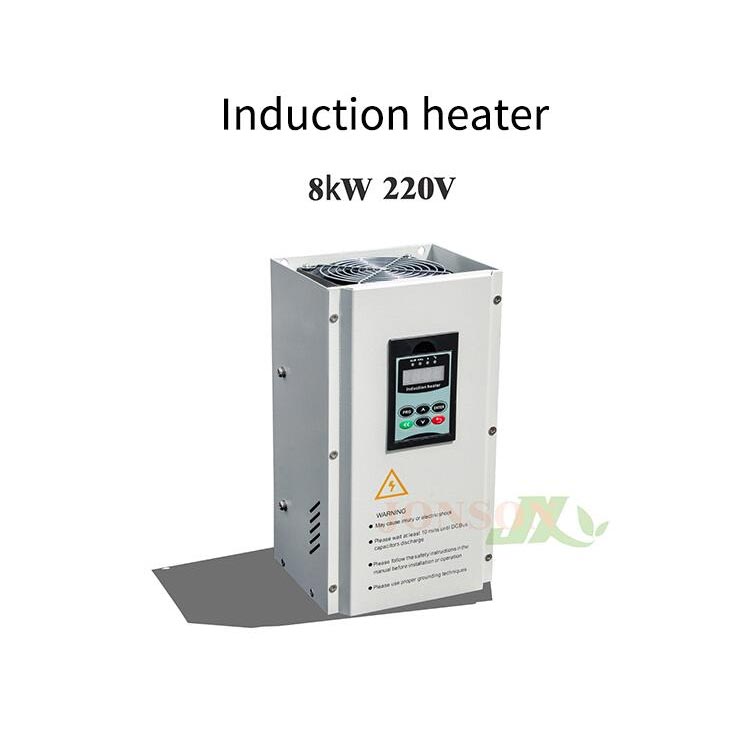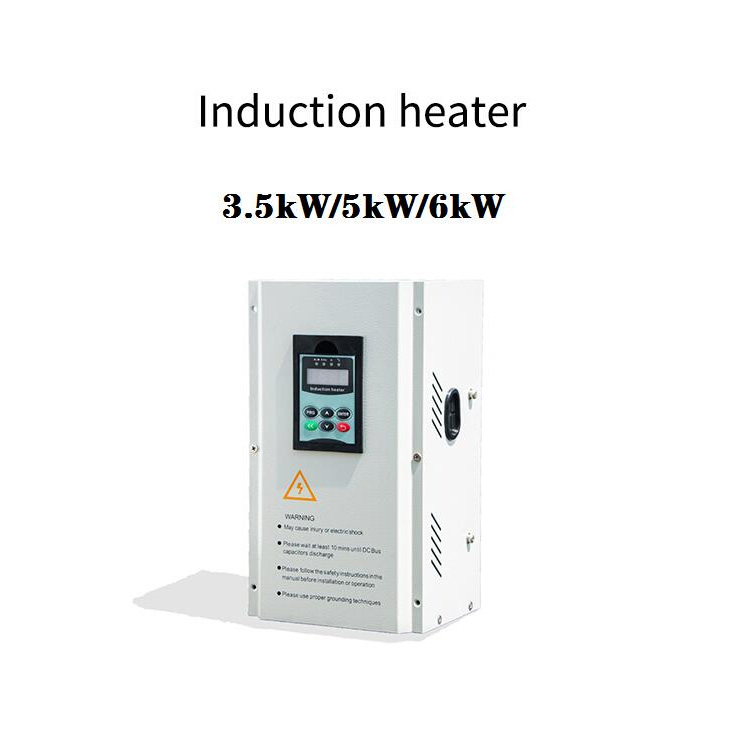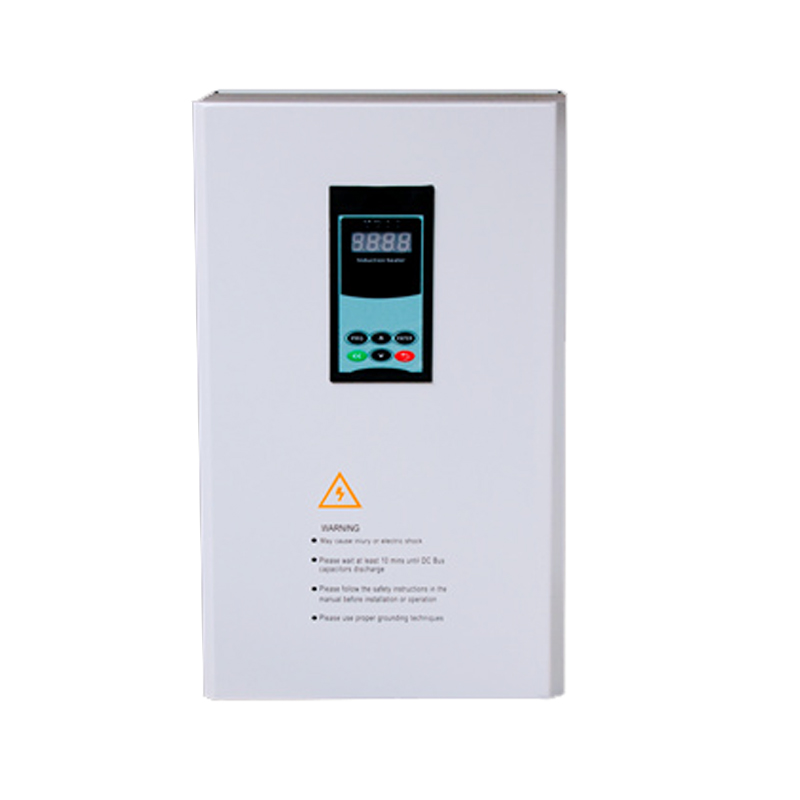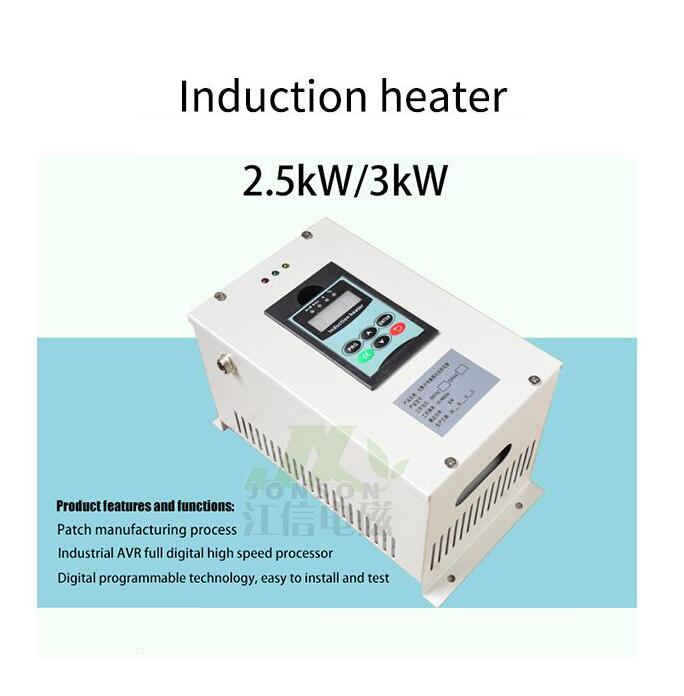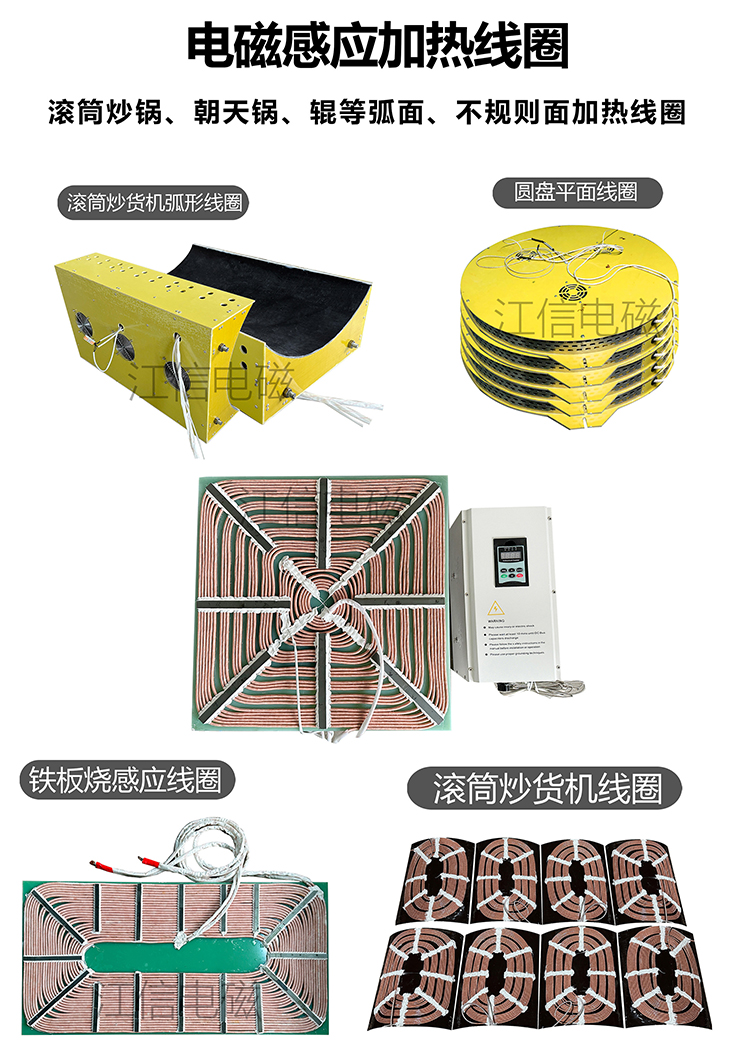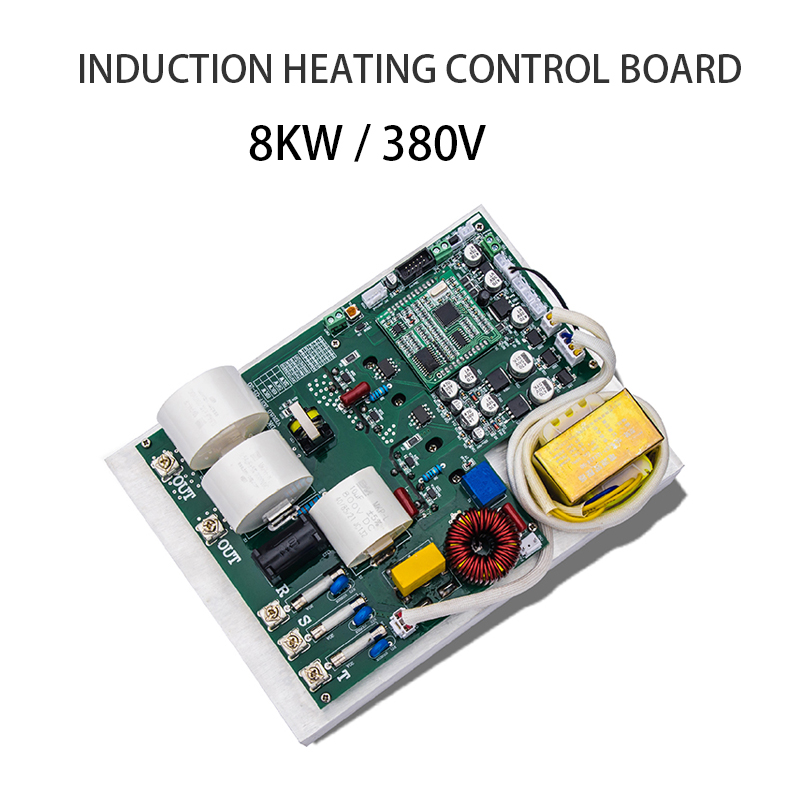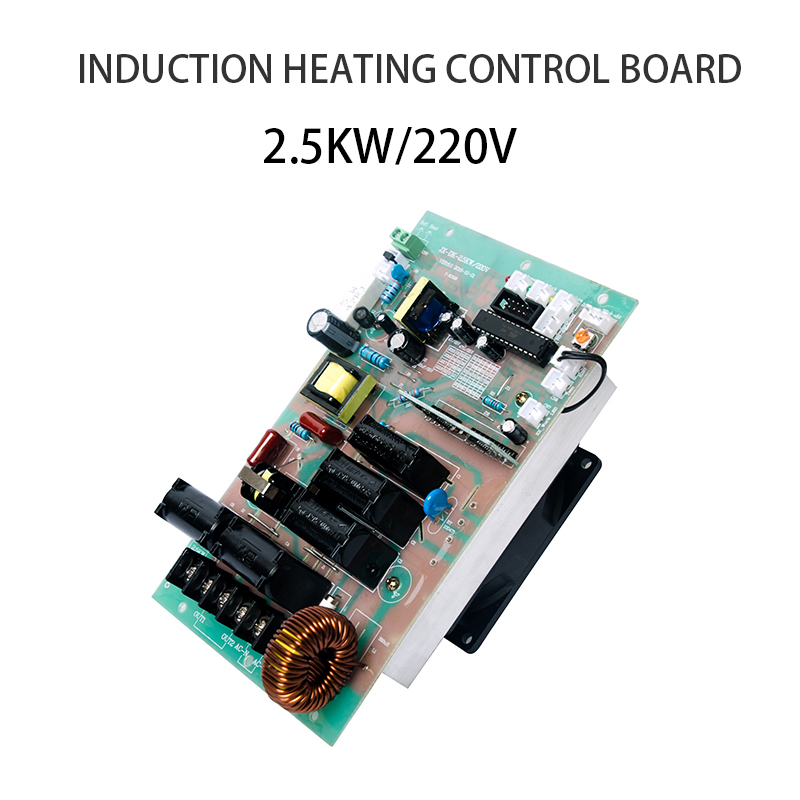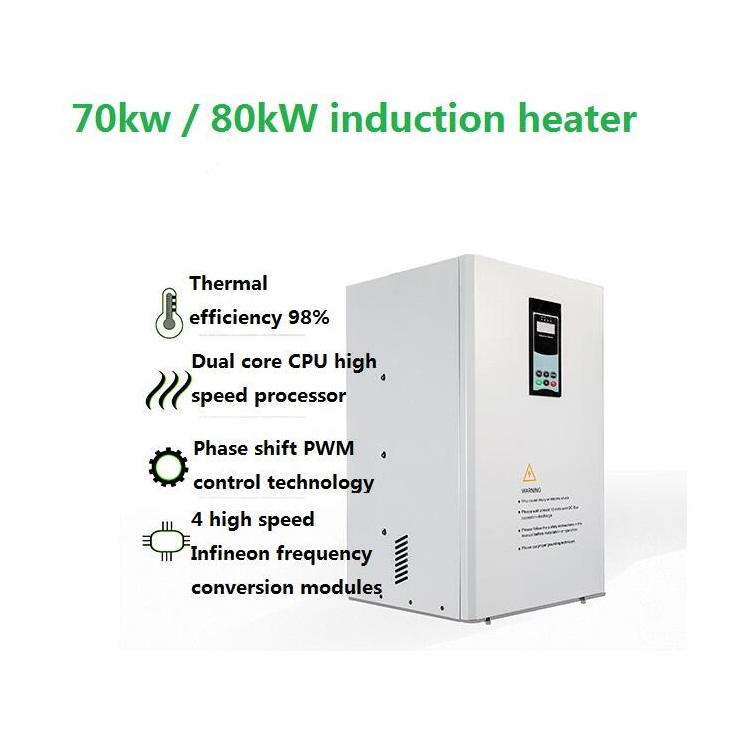In industrial heating systems, the control board of an induction heater acts as the "command center", not only controlling the accuracy and efficiency of the entire heating process but also directly influencing the stable operation and service life of the equipment. The protection level (IP rating) of the control board is the key factor determining its ability to "hold its ground" in complex working conditions.
So, is the protection level of the control board important? Which places require high protection? This article will answer all your questions.
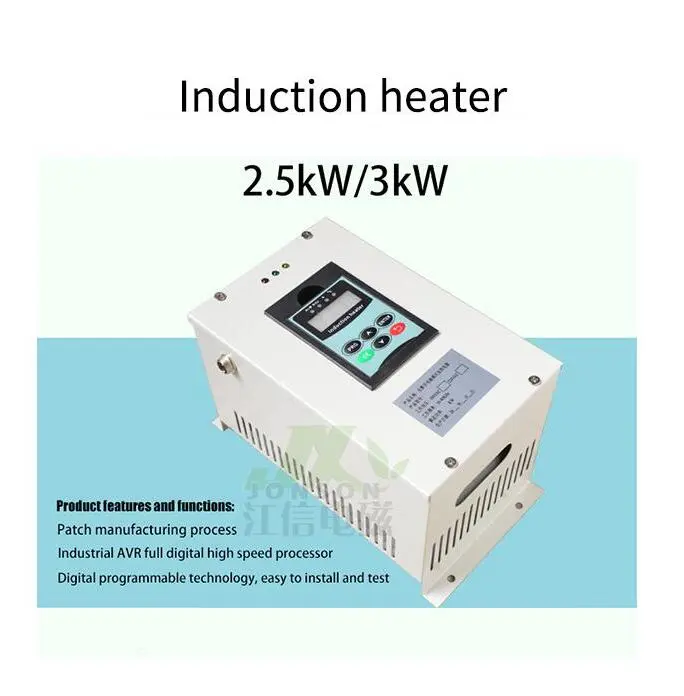
I. What is the protection level (IP rating)?
The IP rating is an international standard for the dust and water resistance of electrical equipment (such as IP54, IP65, IP67, etc.):
The first digit (0-6): Dust protection level
The second digit (0-8): Water protection level
For example: IP65 = Dust protection level 6 (completely dustproof) + Water protection level 5 (protected against water jets)
II. Why is the protection level crucial for the control board?
Prevent dust from entering to avoid short circuits and malfunctions
Industries such as metallurgy, casting, and ceramics often have a large amount of metal or quartz dust. Once it enters the control board, it will affect the operation of the circuit board, capacitors, and inductors.
Prevent moisture and water to ensure system stability
There is a very damp environment in the textile industry, food and medicine, and moisture can easily corrode components, causing loss of control or premature aging.
Extend service life and reduce maintenance rate
Control boards with high protection levels not only operate stably but also significantly reduce downtime and maintenance frequency, saving manpower and resources for enterprises.
Meeting safety standards and avoiding accident risks
Once an electrical control system gets wet and short-circuits, it can easily cause sparks, burn out equipment, and even lead to safety accidents. The protection level is the "first line of defense".
III. Recommended protection levels for different industrial environments
1. Metallurgical casting, building materials, cement plants
Recommended protection level: IP65 or above
Main characteristics: high dust, high temperature, humidity, requiring high protection.
2. Food processing and dairy factories
Recommended protection level: IP54~IP66
Main features: frequent cleaning, moisture resistance, and need to be waterproof and moisture-proof.
3. Woodworking and furniture manufacturing industry
Recommended protection level: IP54 or above
Main features: There is a lot of dust and dust protection is required.
4. Chemical and pharmaceutical industries
Recommended protection level: IP65 or above
Main features: It contains corrosive gases and moisture, and requires waterproof and anti-corrosion measures.
5. Ordinary electronic factory and warehouse environment
Recommended protection level: IP40~IP54
Main features: Clean environment, standard protection is sufficient.
IV. Advantages of Selecting Control Boards with High Protection Ratings
Adapt to harsher environments and reduce equipment limitations
Reduce failure rates and maintenance concerns
Extend service life and increase return on investment
Enhance system stability and support round-the-clock operation
V. Summary in One Sentence:
The protection rating of a control board = the "self-protection ability" of the equipment. Choosing the right rating ensures no fear of wind, rain, dust or high temperatures.
For enterprises pursuing stable operation and low maintenance costs, selecting induction heating control boards with high protection ratings is a highly cost-effective investment.

